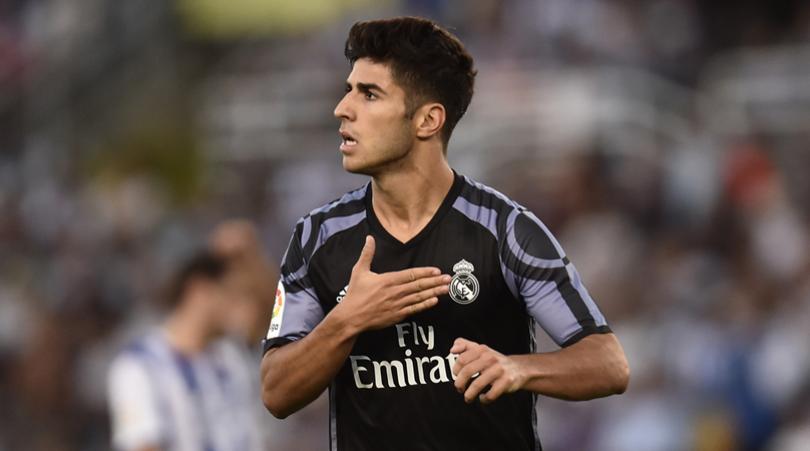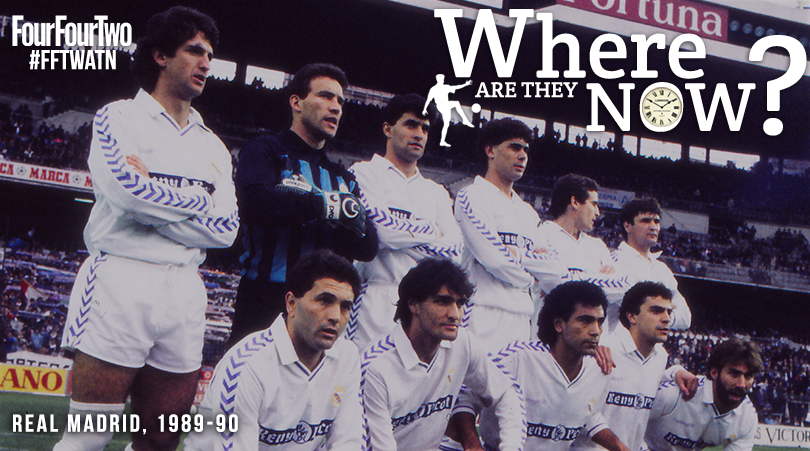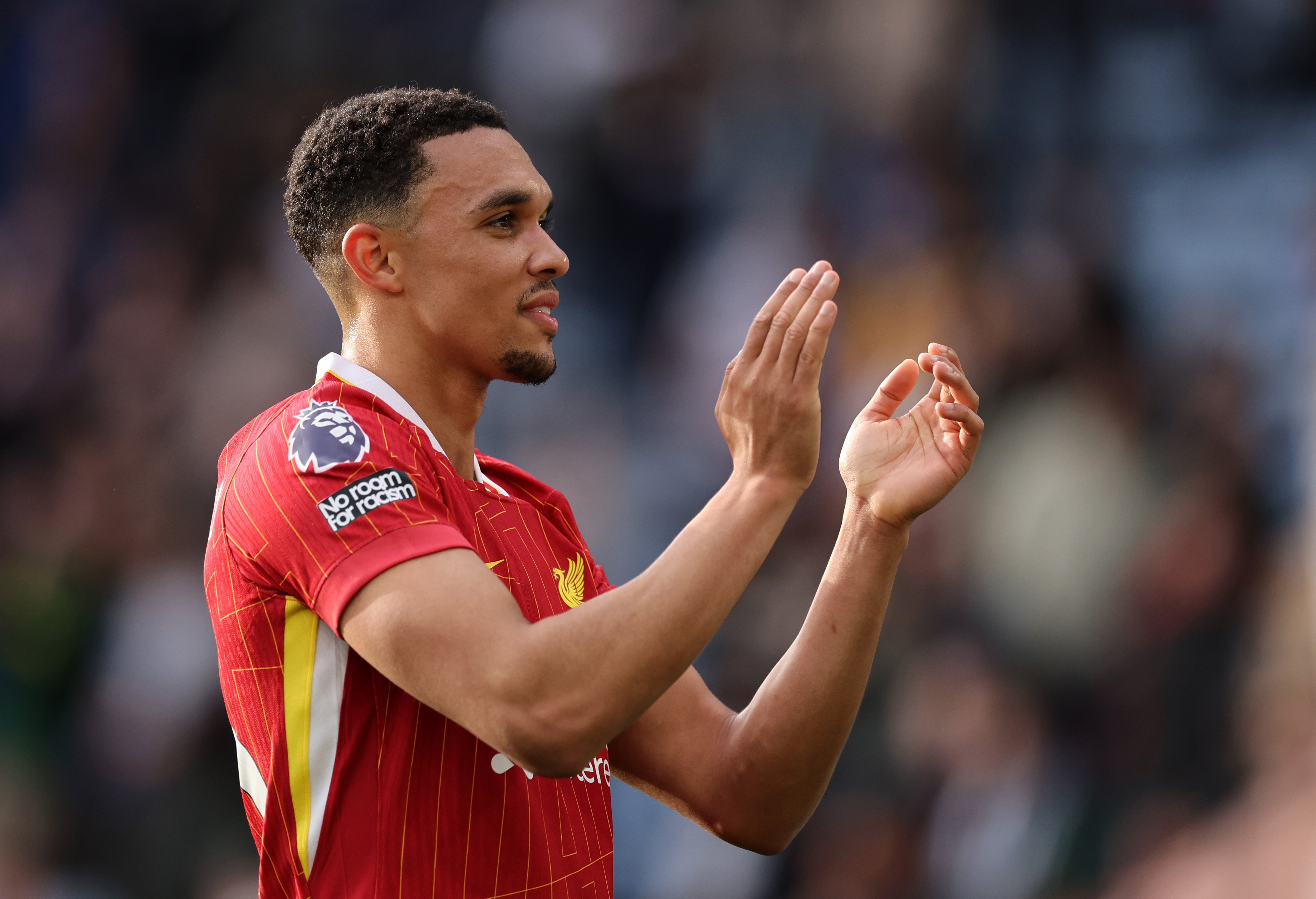FIFA's transfer ban provides the perfect opportunity for Real Madrid to grow up
Kiyan Sobhani explains why a lack of transfer market activity at the Santiago Bernabeu wouldn't exactly be a negative thing
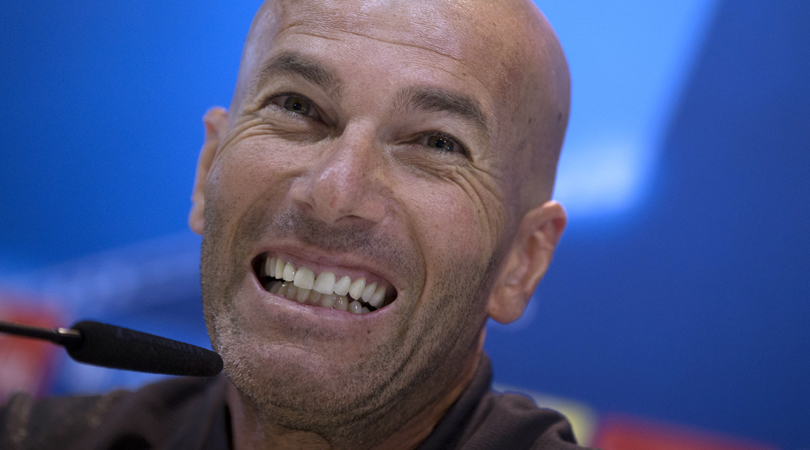
Zinedine Zidane once compared Claude Makelele to the engine of a Bentley. He knew that amid a crazy era of record-breaking spending and the stockpiling of superstars into one super team, they – including himself – could crash and burn without a driving force from behind. When Makelele was eventually replaced by David Beckham, Zidane compared the move to applying a layer of gold paint on that same engineless Bentley. Florentino Perez, to put it another way, was building swimming pools on a property with no roof.
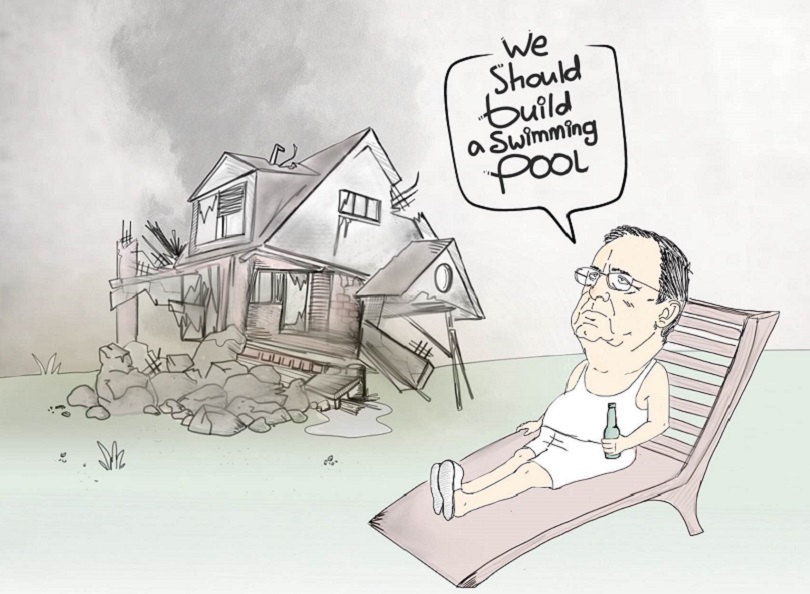
None of this is new, of course, but it’s relevant now more than ever. Zidane was a key part of that era, so he witnessed Perez's ransacking of the club first-hand. By the time the Frenchman played his last game for Real Madrid, the Spanish side had burned through five managers and many more midfielders, none of whom could ever replace Makelele.
In Zidane's final season, Madrid's leading options in the centre of the park were Pablo Garcia and Thomas Gravesen, so the fact that Toni Kroos and Luka Modric are the present-day regulars in the engine room shows how far they've come since then.
Finding the balance
He'll also revel in the opportunity FIFA's sanction affords him: this, Zidane believes, is a chance to continue his stable approach of building a squad that can continue on an upward trajectory for years to come
Now manager of Madrid, Zidane is desperate to ensure his current charges don't have to go through what he did as a player at the Bernabeu. A top-heavy, star-studded attack may be easy on the eye, but the World Cup winner knows it's impossible to be successful without an element of balance. Zidane may be a raw tactician, but he's a representative of Madrid's identity and provides an important connection with the club's roots.
The former playmaker is a sporting director, a motivator and a chief mastermind when it comes to grooming products from the academy. On the surface he'll be upset by the transfer ban imposed on the club earlier this year, but he'll also revel in the opportunity FIFA's sanction affords him. This, Zidane believes, is a chance to continue his stable approach of carefully building a squad that can continue on an upward trajectory for years to come.
Zidane celebrates Madrid's Champions League triumph earlier this year
Get FourFourTwo Newsletter
The best features, fun and footballing quizzes, straight to your inbox every week.
Madrid accidentally slipped into this era of maturation. They say the night is darkest just before dawn, and while Madrid had hit rock bottom towards the end of Rafael Benitez's tenure at the club, they're currently basking in sunshine under Zidane. They've certainly rode their luck, bouncing back from the strange sacking of Carlo Ancelotti quicker than many expected, with Zidane leading the club to its 11th Champions League title in May.
Eye on the future
It was notable that every single transaction Madrid made in the summer involved a player who had at some point graduated from Castilla. There were three newcomers to the squad – one directly from the depository after being prolific in Spain’s Segunda Division B, one recalled from a loan spell at Espanyol, and the other bought back from Italy after two years at Juventus. Each member of the trio was already fully aware of the club's identity.
Mariano, Marco Asensio and Alvaro Morata all play with hunger and, in the case of the latter pair, have already scored big goals this season. Their returns show how the thinking has shifted: Madrid are now happy to take the economical route and fill positions in the squad with home-grown talents instead of lavish marketing apparatuses from abroad.
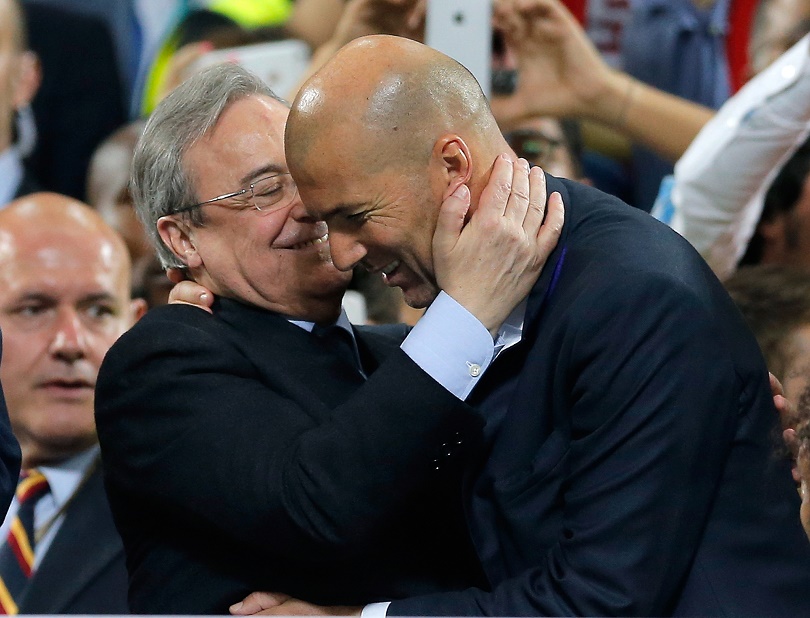
Most of the players who departed belonged to the youth teams, loaned strategically to clubs in Spain and Germany to further their development. Marcos and Diego Llorente, Borja Mayoral and Jesus Vallejo should all come back better players, particularly as they know that positive performances elsewhere could bring first-team opportunities under Zidane. Those four, along with Mariano, recently graduated from the Castilla programme which Madrid bolstered in the summer by pumping more resources into the setup.
Negative into positive
FIFA’s transfer ban, then, hasn't really changed much – at least not when you zoom out and take an overarching look at Zidane's blueprint. It may actually prove to be a force for good, ensuring that Madrid continue to do what they've been doing in the last few months. Indeed, while the club are upset and believe they are innocent, they certainly don't appear outraged, and it's impressive that there's a plan in place regardless of the outcome of the appeal process.
Madrid are fortunate, not only because Zidane has exceeded expectations tactically but also because he's the perfect leader to deal with such a situation. No one understands academy products as well as him, and in recent years no Madrid manager has shown as much of an interest in the youth ranks. Zidane's experience of the ill-fated Galacticos project has made him determined to avoid a repeat of those mistakes.
